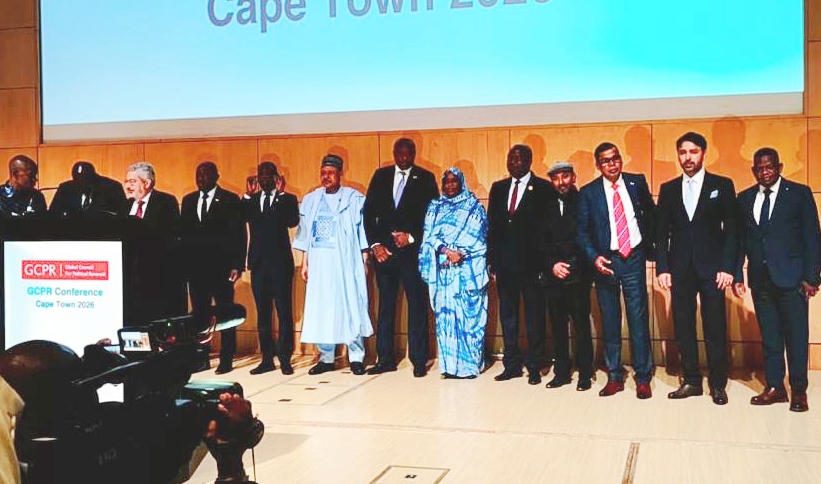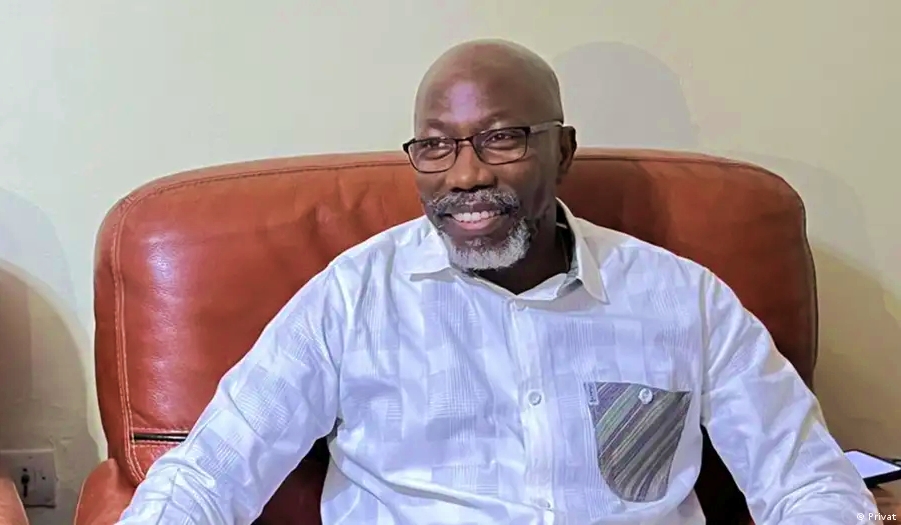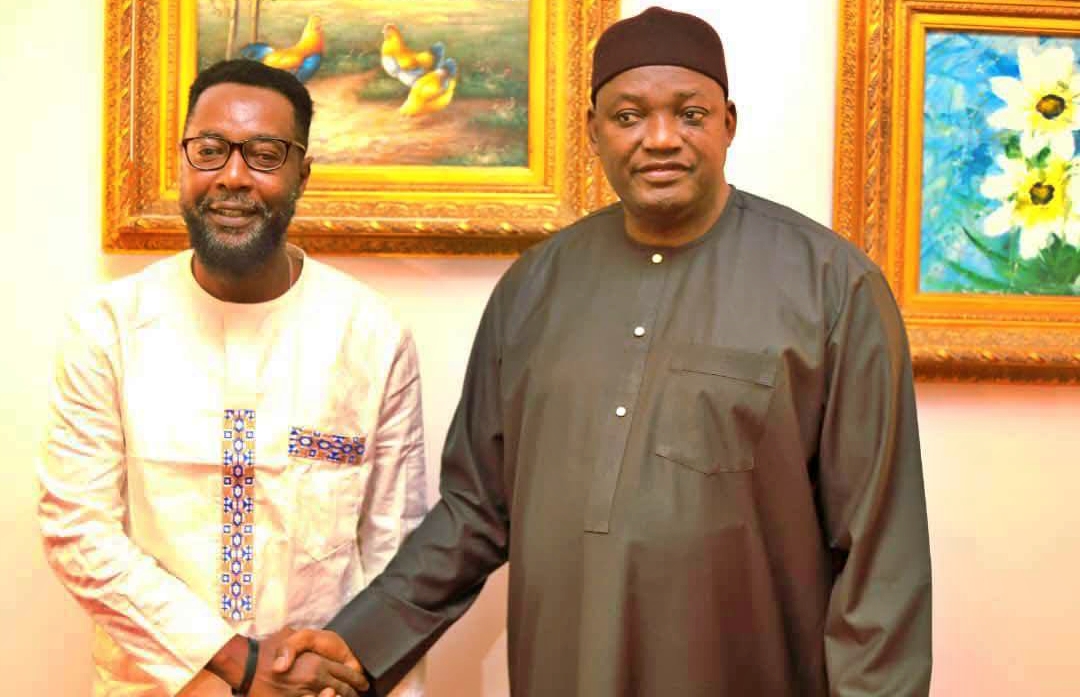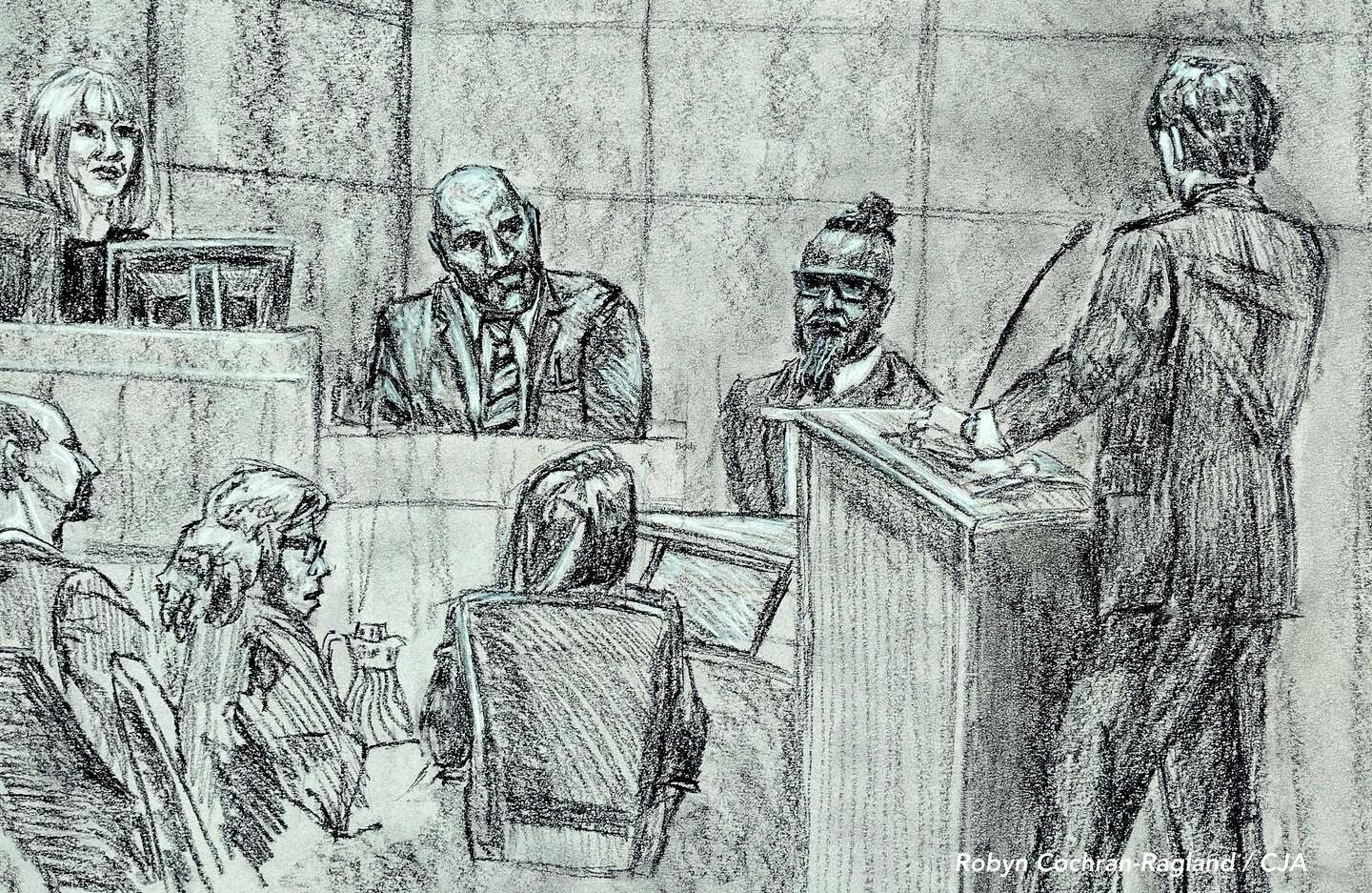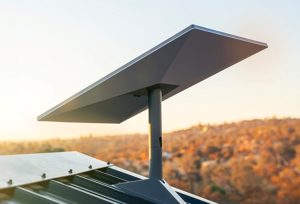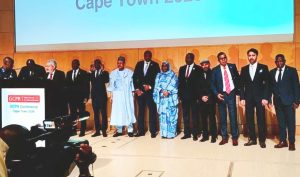Gambiaj.com – (Denver, Colorado) – The federal trial of Michael Sang Correa, a former member of ex-President Yahya Jammeh’s feared paramilitary unit known as the Junglers, has entered its final stage in Denver, Colorado, with the jury now deliberating a verdict following the unexpected early conclusion of court proceedings on Monday.
Correa is accused of participating in acts of torture in The Gambia in connection with the aftermath of a failed coup attempt in March 2006. The United States charged Correa under the federal extraterritorial torture statute, which allows for the prosecution of torture committed abroad by individuals present in the U.S.
Throughout the trial, prosecution witnesses recounted harrowing scenes of abuse, including beatings, electric shocks, and the brutal mistreatment of detainees at the notorious National Intelligence Agency (NIA). Several victims identified Correa as either an active participant or present during the sessions of torture.
In a recorded 2019 interview with U.S. federal agents played in court last Thursday, Correa admitted he was part of the Junglers and acknowledged his role in arresting suspects following the 2006 coup attempt. However, he denied ever torturing or killing anyone.
“I am sorry… If I can reverse the situation… I am sorry,” he said in the audio, during which he stammered. “Did I witness some of my colleagues torturing people? Yes. But I never took part.”
His defense team argued Correa acted under duress and was coerced into his role within the security apparatus. Yet, in the same interview with U.S. investigators, Correa insisted that his role was strictly limited to making arrests and escorting detainees to the NIA.
Among the key testimonies was that of Pharing Sanyang, a retired army officer who claimed Correa personally beat him and ordered others to do the same. “He was very aggressive. He was not in a compromising position,” Sanyang told the court. He recognized Correa by his gait and speech, saying, “When he speaks, he stammers a bit.”
Sanyang also revealed that under Jammeh’s regime, he was ordered to assassinate veteran journalist Deyda Hydara but refused. For his defiance, he said he was placed on an assassination list and fled the country.
Witnesses detailed how those who resisted Jammeh’s regime or were suspected of disloyalty often faced arbitrary detention, torture, or worse. Sainey Bayo, another military officer who was tortured after being detained, described how he saw fellow detainee Pierre Mendy being brutalized. “He was handcuffed, hands behind his back. They poured water on his head… and he was screaming,” Bayo testified.
Mendy, who later testified before The Gambia’s Truth, Reconciliation, and Reparations Commission (TRRC) before his death, recounted being electrocuted and having a plastic bag melted on his head.
Another prosecution witness, Yahya Darboe, told the court he saw the injuries inflicted on Mendy after he was tortured. “He was in so much pain,” Darboe said.
During his testimony, former National Assembly member Demba Dem confirmed seeing Correa present during Mendy’s torture. Dem was also detained and imprisoned for over a year following the coup attempt.
The trial revealed how Correa managed to enter and remain in the United States after Jammeh’s regime began collapsing. He initially arrived in September 2016 as a bodyguard for then-Vice President Isatou Njie Saidy during the United Nations General Assembly. After Jammeh lost the December 2016 election, Correa overstayed his diplomatic visa, later explaining that he feared imprisonment if he returned home.
“Yahya Jammeh lost. I was scared because I would go to jail for things I have not done,” Correa said in his interview with federal agents.
U.S. authorities eventually located Correa by tracking Western Union money transfers and cross-referencing phone numbers listed in his divorce paperwork. He was arrested outside his Colorado apartment on September 17, 2019.
Special Agent Mathew Gifford of Homeland Security Investigations, based in Dakar, testified that U.S. officials were monitoring Correa’s immigration status and feared he could be deported before criminal charges were brought, which would have rendered the case moot under U.S. jurisdiction.
With mounting evidence from both court testimony and the TRRC’s findings—which linked Correa to at least 11 killings—his trial in Denver marked a historic moment for transnational justice. The defense called no witnesses, and Correa himself declined to testify before the court.
Now, as the jury deliberates, survivors of the Jammeh-era torture regime and observers of international justice await a verdict that could set a significant precedent for future prosecutions of torture committed abroad.




